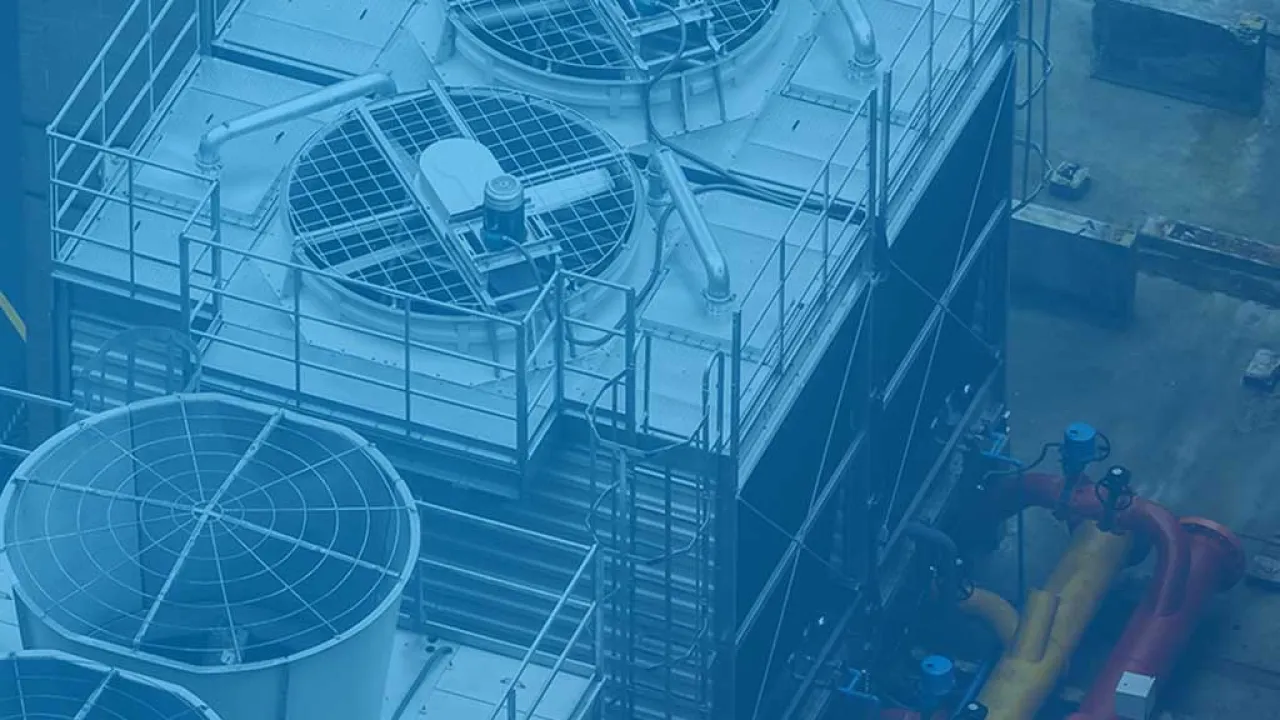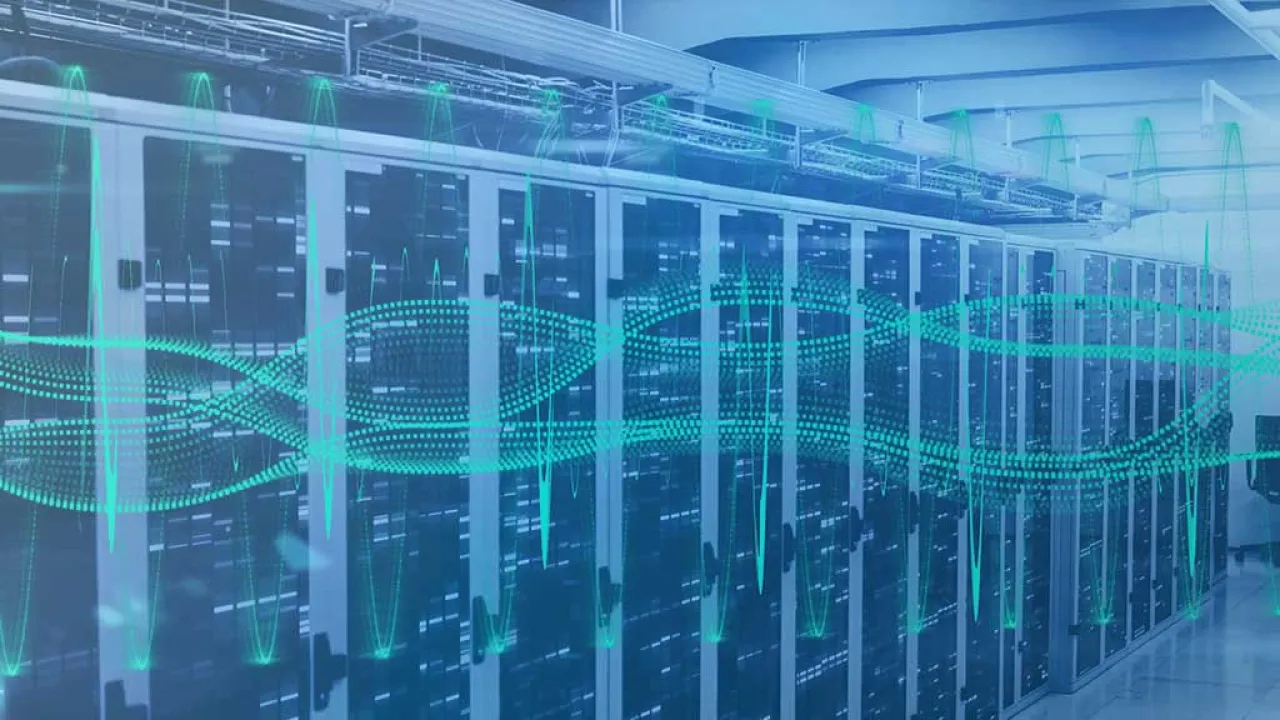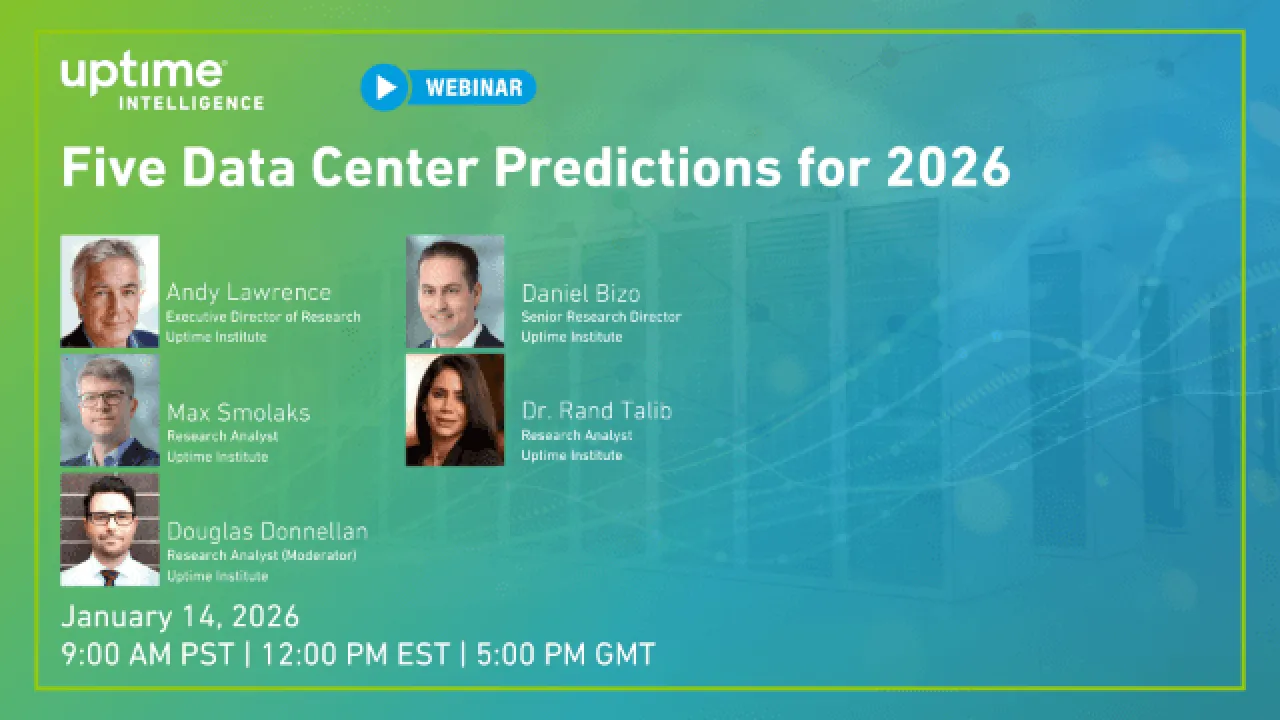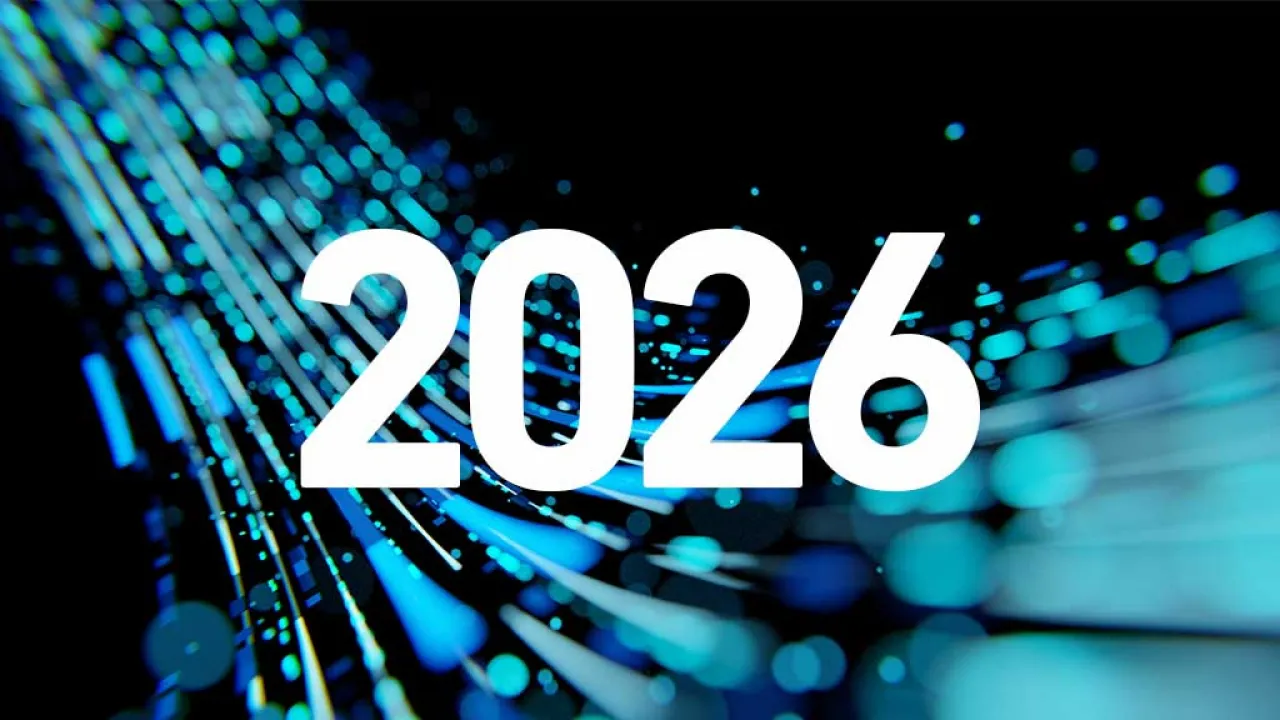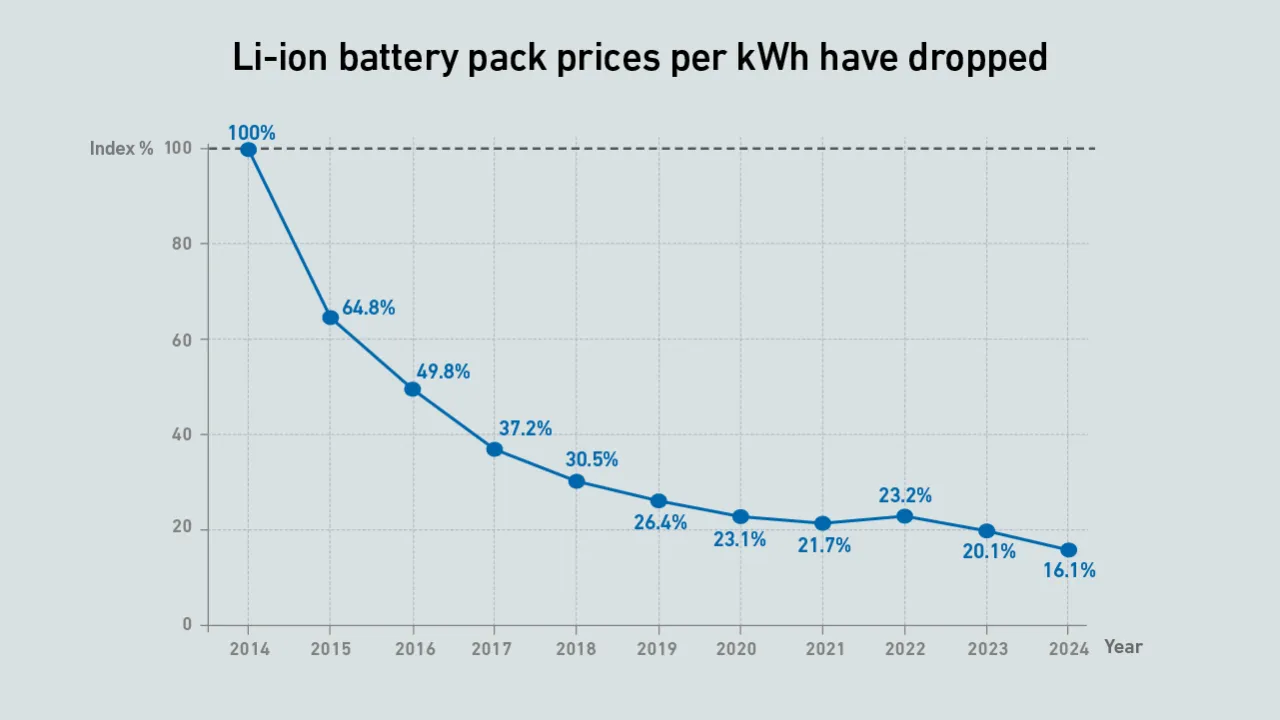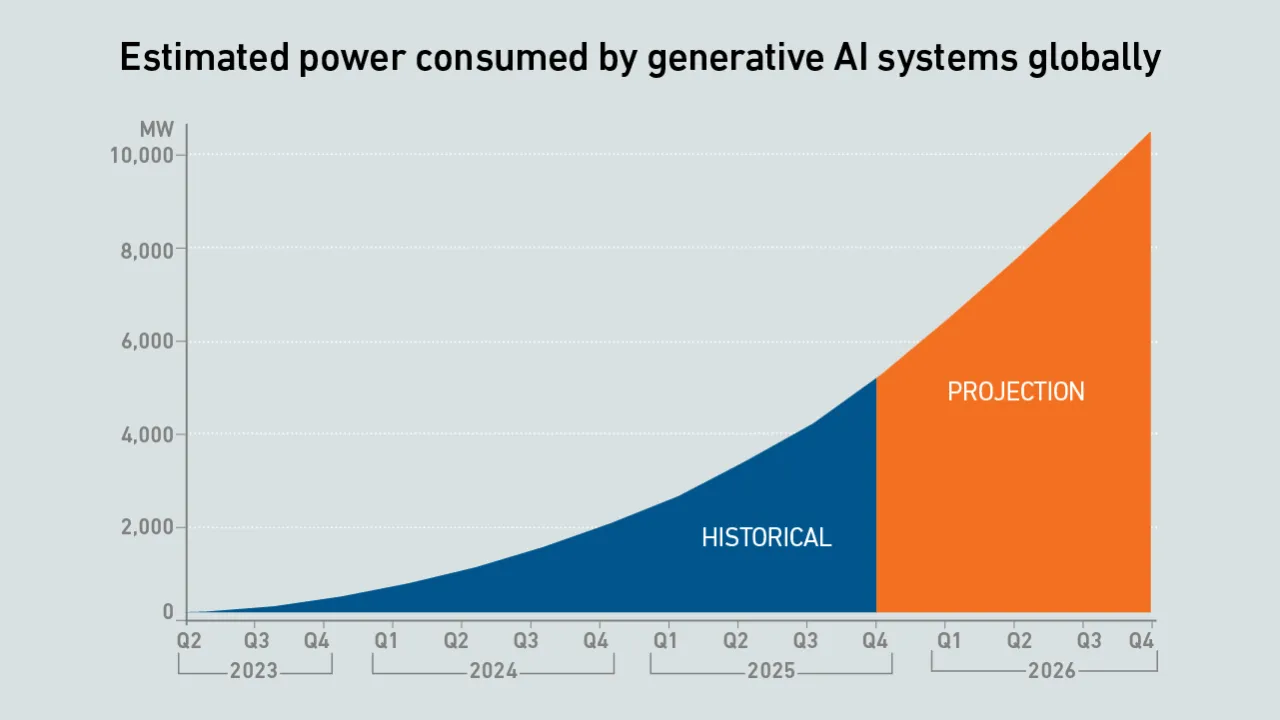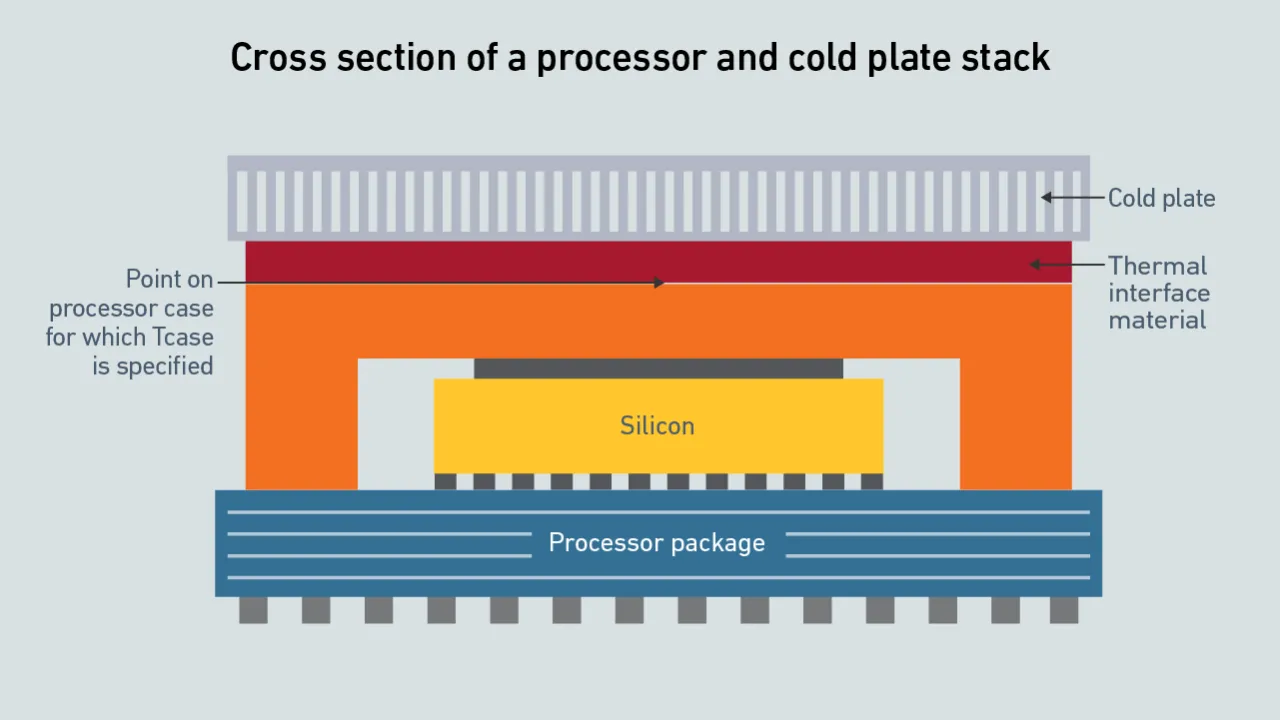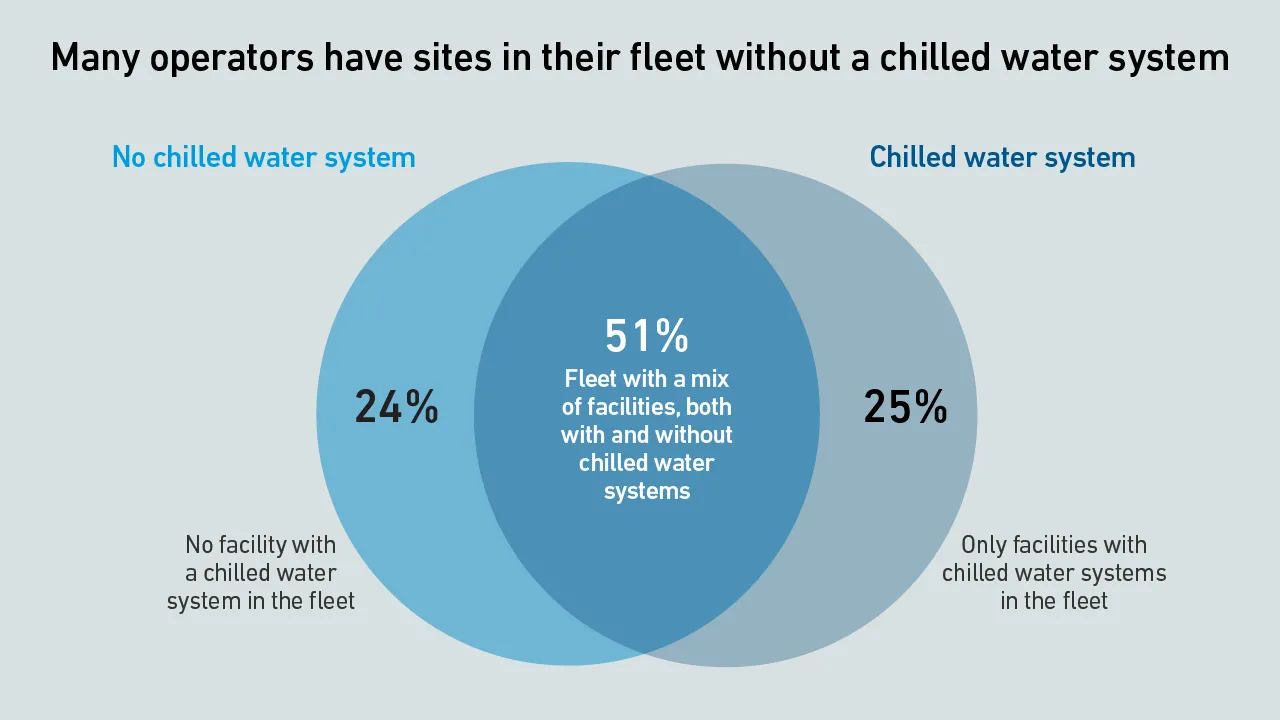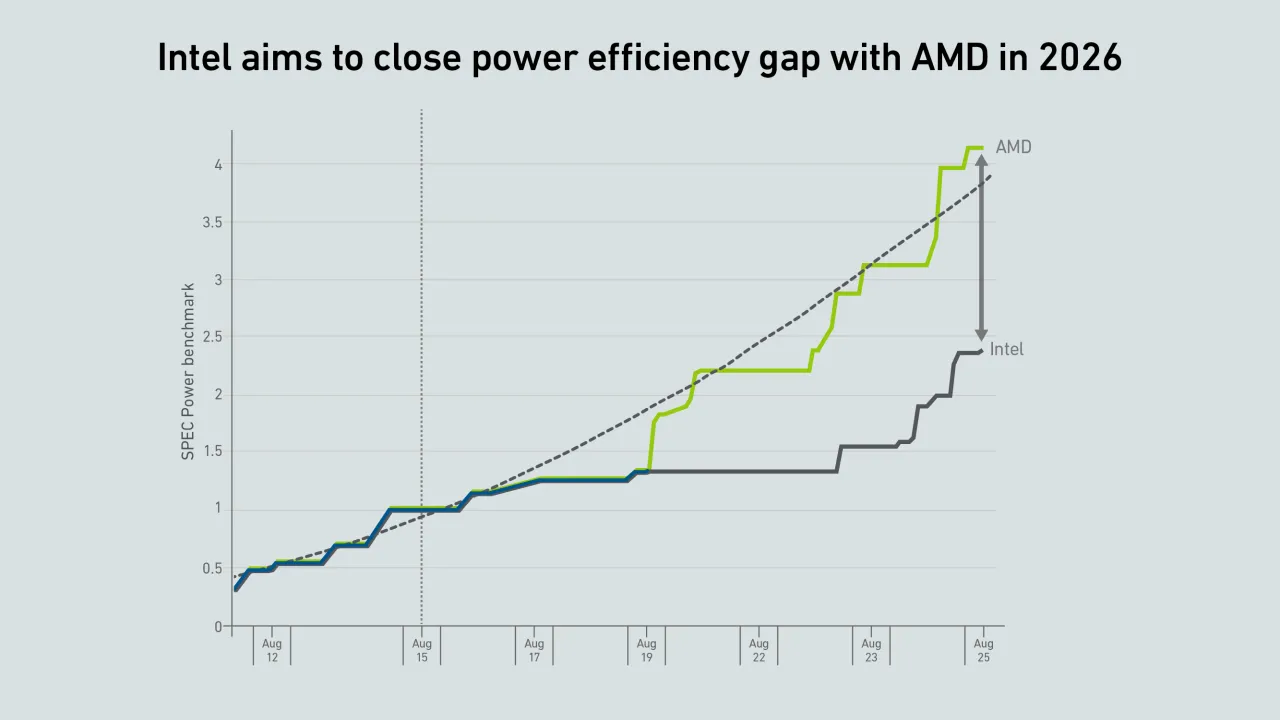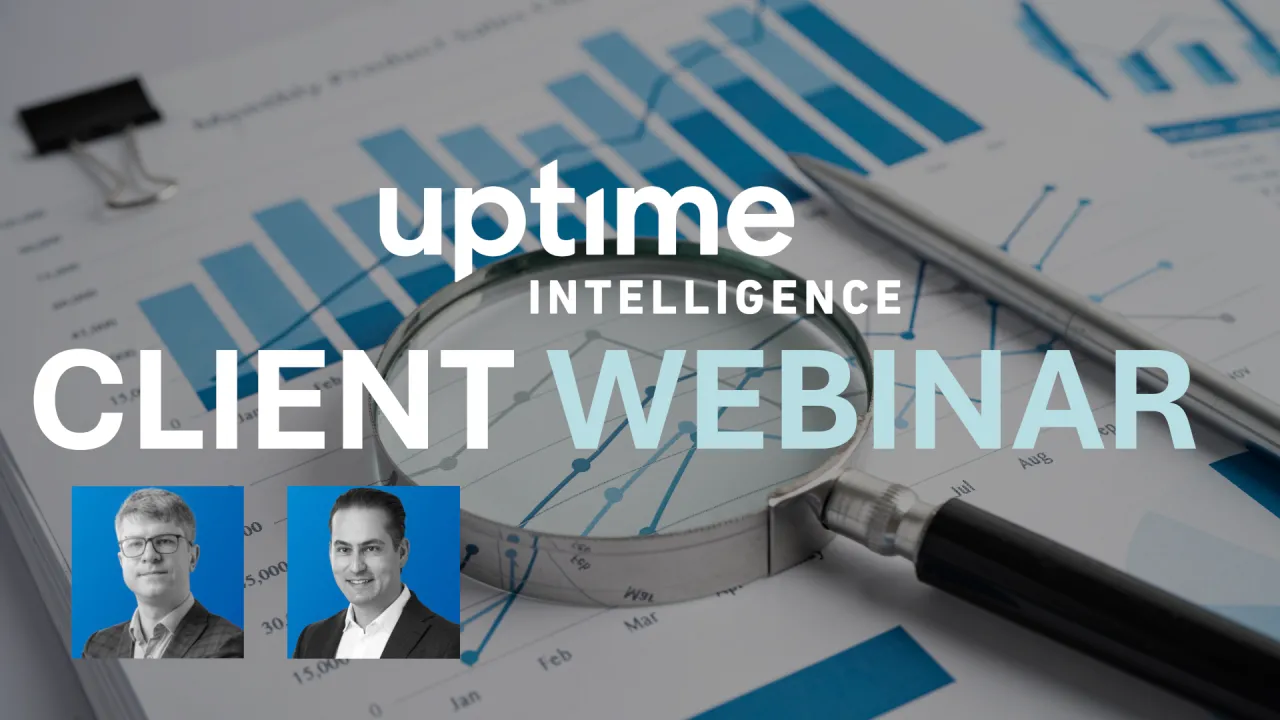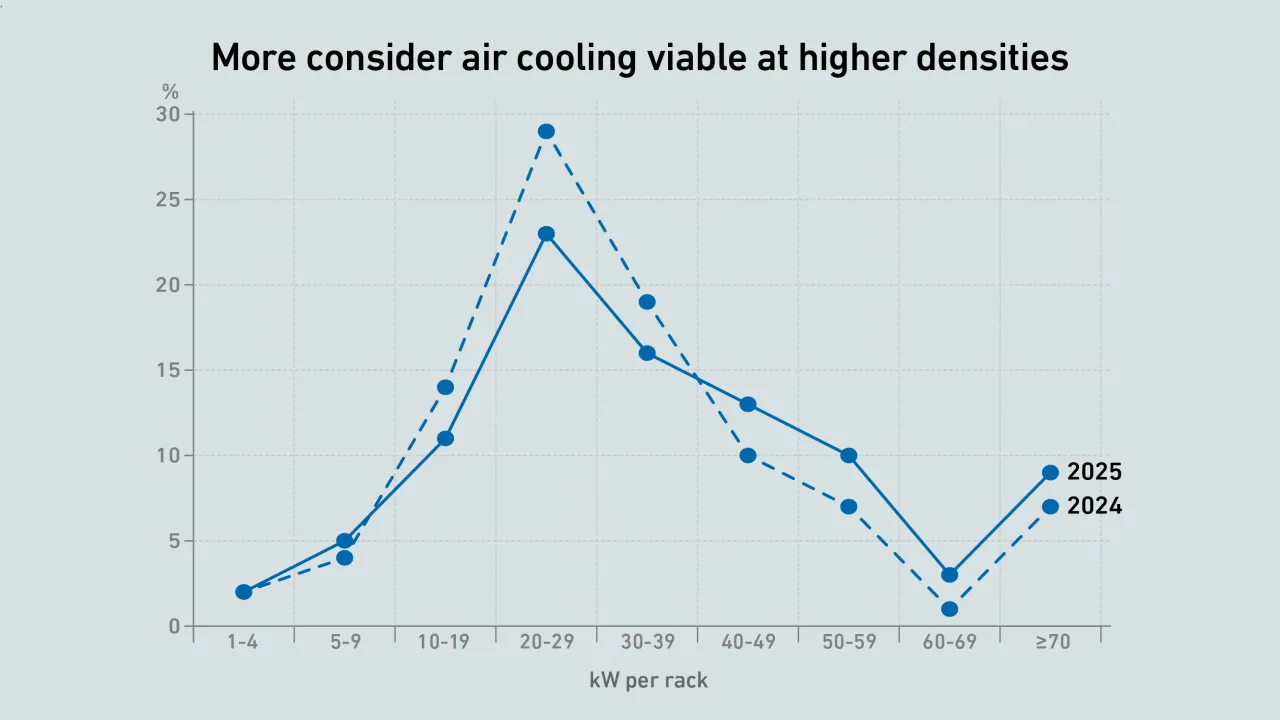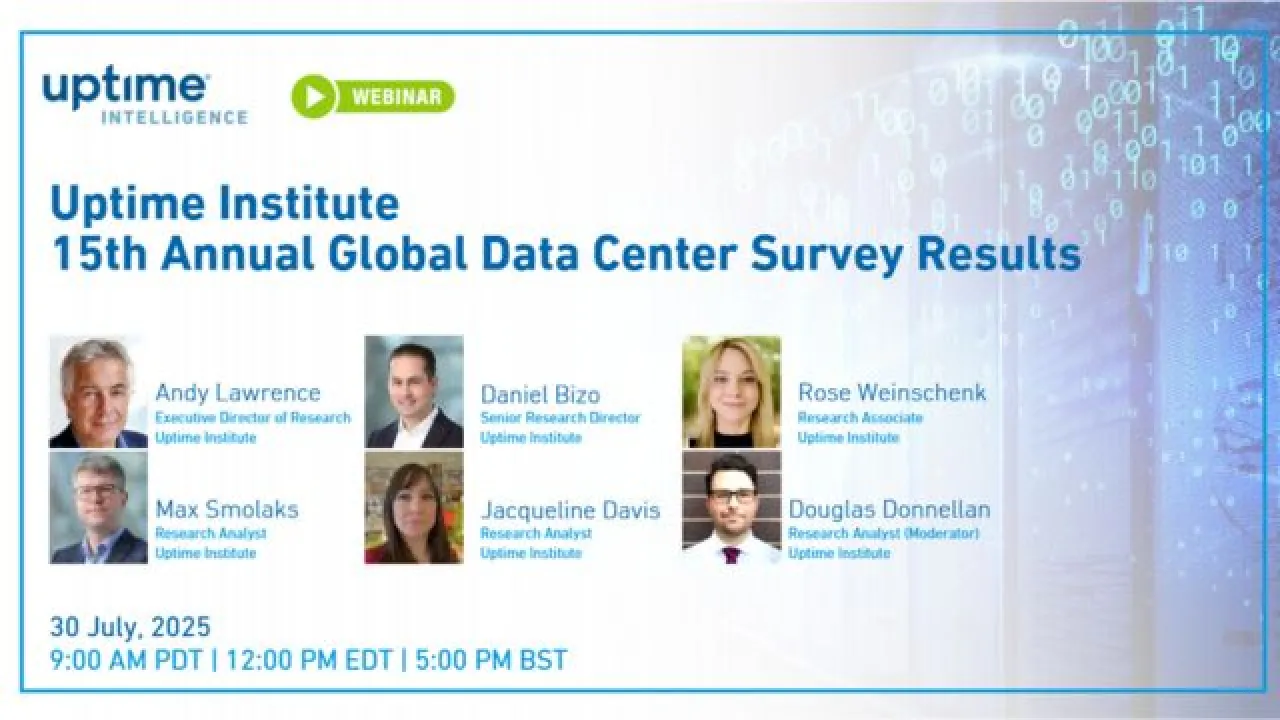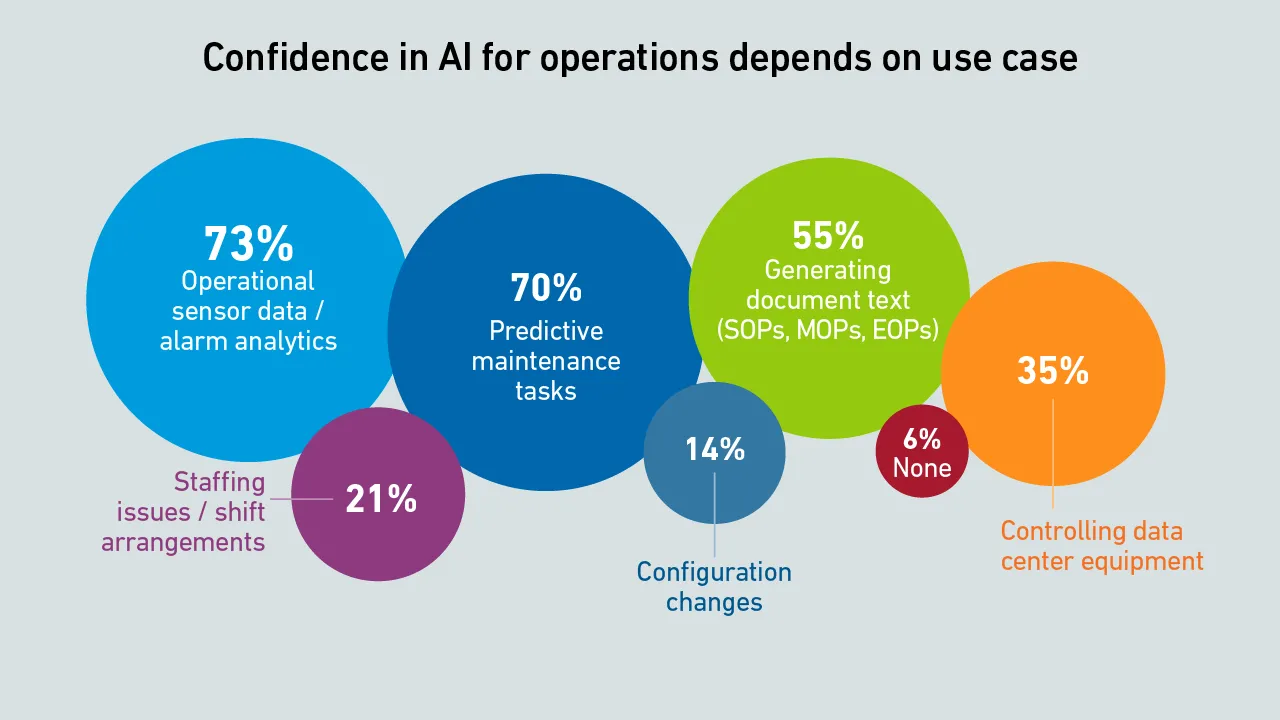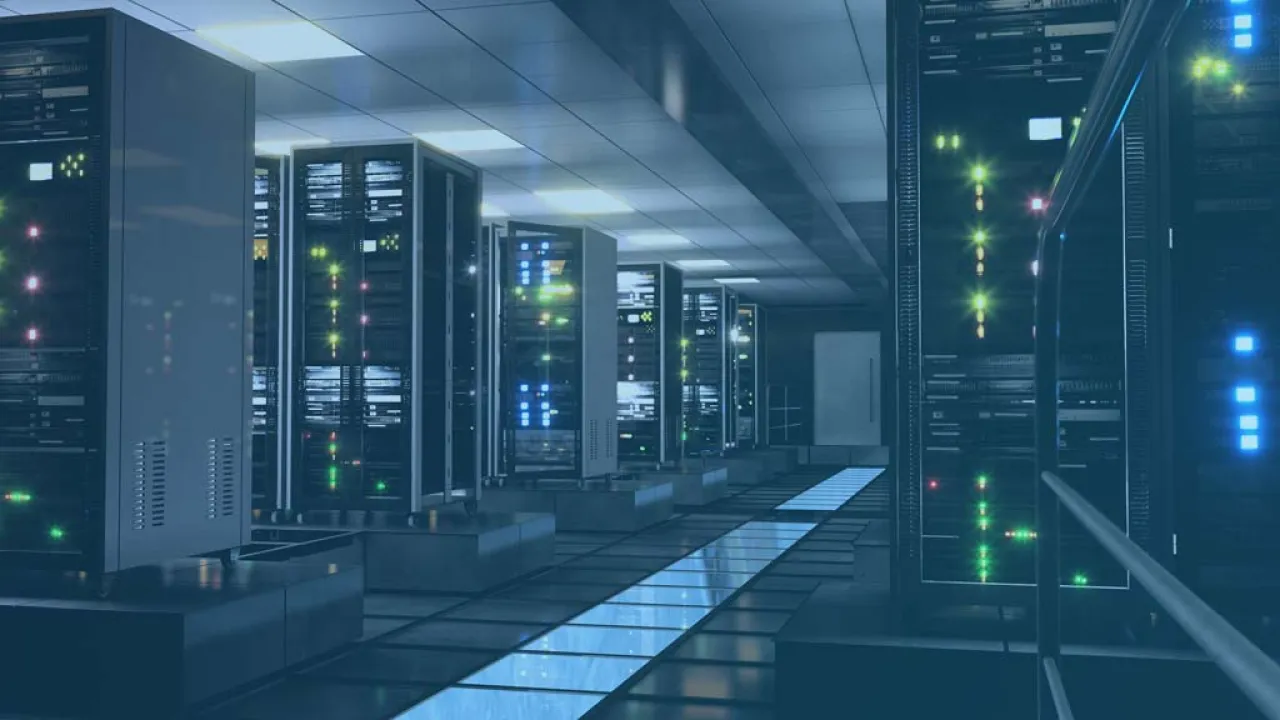Nvidia CEO Jensen Huang's comment that liquid-cooled AI racks will need no chillers created some turbulence — however, the concept of a chiller-free data center is an old one and is unlikely to suit most operators.

Daniel Bizo
Over the past 15 years, Daniel has covered the business and technology of enterprise IT and infrastructure in various roles, including industry analyst and advisor. His research includes sustainability, operations, and energy efficiency within the data center, on topics like emerging battery technologies, thermal operation guidelines, and processor chip technology.
dbizo@uptimeinstitute.com
Latest Research
Investment in large-scale AI has accelerated the development of electrical equipment, which creates opportunities for data center designers and operators to rethink power architectures.
In this webinar and report, Uptime Intelligence looks beyond the more obvious trends of 2026 and examines some of the latest developments and challenges shaping the industry. AI is transforming data center strategies, but its impact remains uneven…
Uptime Intelligence looks beyond the more obvious trends of 2026 and examines some of the latest developments and challenges shaping the data center industry.
Meeting the stringent technical and commercial standards for UPS energy storage applications takes time and investment — during which Li-ion technology keeps evolving. With Natron gone, will ZincFive be able to take the opportunity?
The updated model projects a doubling of power consumption by the end of 2026, with IT loads serving generative AI workloads breaking through 10 GW of capacity.
A bout of consolidation and investment activity in cooling systems in the past 12 months reflects widespread expectation of a continued spending surge on data center infrastructure.
Performant cooling requires a full-system approach to eliminate thermal bottlenecks. Extreme silicon TDPs and highly efficient cooling do not have to be mutually exclusive if the data center and chip vendors work together.
Currently, the most straightforward way to support DLC loads in many data centers is to use existing air-cooling infrastructure combined with air-cooled CDUs.
The data center industry will benefit from the race between Intel and AMD for technical supremacy, but the outlook in terms of power efficiency remains challenging.
From on-prem AI to high-density IT, this webinar examined survey findings on how operators are preparing for what's next.
Against a backdrop of higher densities and the push toward liquid cooling, air remains the dominant choice for cooling IT hardware. As long as air cooling works, many see no reason to change - and more think it is viable at high densities.
The Uptime Institute Global Data Center Survey, now in its 15th year, is the most comprehensive and longest-running study of its kind. The findings in this report highlight the practices and experiences of data center owners and operators in the…
The 15th edition of the Uptime Institute Global Data Center Survey highlights the experiences and strategies of data center owners and operators in the areas of resiliency, sustainability, efficiency, staffing, cloud and AI.
The data center industry is on the cusp of the hyperscale AI supercomputing era, where systems will be more powerful and denser than the cutting-edge exascale systems of today. But will this transformation really materialize?
